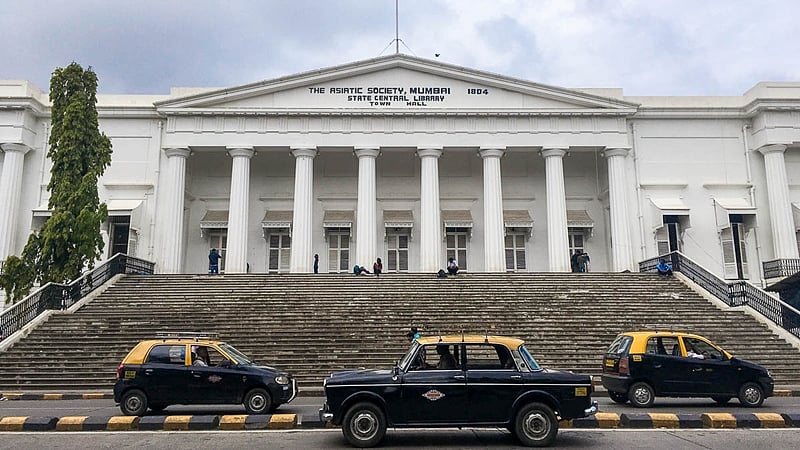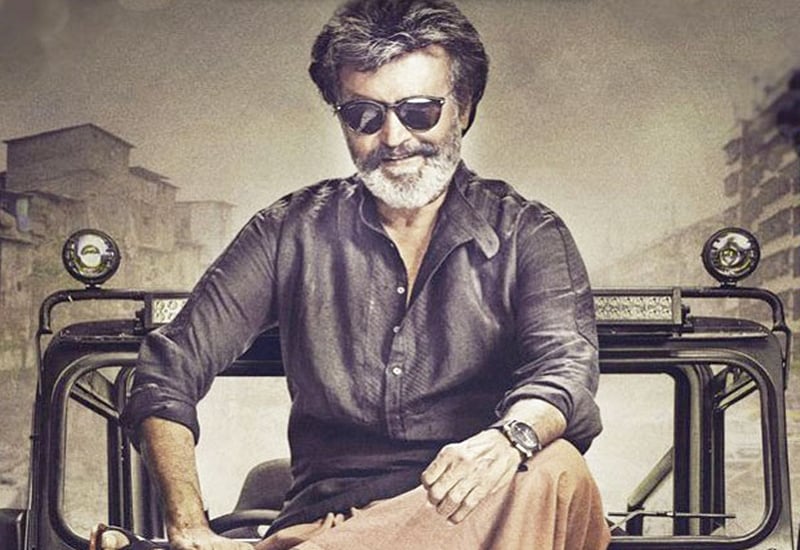A walk in the lanes and bylanes of Fort and Colaba, surrounded by colonial architecture on a quiet weekend is mesmerising, and on occasion, there is a gentle tug of nostalgia too. These roads and lanes are not the only ones with a unique charm; there are countless hangouts that hold a timeless appeal for Mumbaikars and make people visiting Mumbai fall in love with the city.
Some of these had to bid farewell despite being cherished and loved, while others have retained their old-world charm and flourished. Each one of them – an integral part of Mumbai’s culture cauldron and a landmark in its own right. Among these are movie theatres (talkies), eateries, stores and more.
Strand book store: Hard to believe that the bookstore which ruled many Mumbaikar’s life for decades is gone. It pulled its shutters down on February 28 this year. It had commenced its journey as a book kiosk in the lounge of Strand Cinema in 1948 and moved a few kilometres away in a quiet lane of Fort in 1956. The iconic bookstore, Padmashree TN Shanbagh’s labour of love, served bibliophiles for over 70 years and had over a lakh titles ranging from classics to fitness. With Khushwant Singh, Dr Manmohan Singh and Pandit Jawaharlal Nehru among its visitors, it must have been the envy of many stores in the city. The last week of its existence saw it reliving its lost glory with patrons flocking to pick up books and re-experiencing ‘those days’! Strand Theatre incidentally drew the curtains more than two decades back.
Samovar: At the risk of sounding artless, many of us visited Jehangir Art Gallery more for Café Samovar than for the love of art – till it shut shop in 2015. Mumbai lost a cultural icon and favourite hangout of many creative minds, art lovers and Mumbaikars at large. Started by Usha Khanna in 1964, it was loved as much for its cosy vibes and arty charm as for its pudina chai, pakoda platter and kheema paratha. Jehangir Art Gallery, established in 1952 continues to be ‘the’ destination for artists, artisans and art aficionados.

Rhythm House: Rhythm House, Mumbai’s temple of music, had to finally take a bow in February 2016, after weathering the storm of digitisation for long. When The Last Music Store, a documentary on Rhythm House, was screened as part of the Snapdeal cinema section of the Kala Ghoda Arts Festival in February 2017, viewers could not hold back their tears. Sulaiman Nensy had founded the store in the early 1940s. Mehmood Curmally’s father, who would visit it as a college student, gradually took over the business from his family friend. Names like Kalyanji-Anandji, Shammi Kapoor, Pt Ravi Shankar, Jethro Tull, The Police, Peter Andre, Zakir Hussain and AR Rahman were among its patrons.
New Empire: New Empire originally opened in 1908 as a live theatre where you could even watch plays. In 1937, it was renovated in the Art Deco style of architecture. Though its patrons loved its style and wanted to see it flourish, it could not be saved and had to take a bow in March 2014. It was one of Mumbai’s oldest single-screen cinema halls. Regal opened in 1933 (it still exists with some of its glory intact), Metro in 1938 (has converted into a multiplex), and Liberty in 1949 (it returned to screen films after a four-year hiatus with Dangal in 2016).
The Way Side Inn: The Wayside Inn is remembered as ‘the classy place with antique wood cabinets, crisp red tablecloths, vintage crockery and sparkling cutlery’. It, however, had to bow down to changing taste buds, and convert into a Chinese restaurant in 2002. It was in here that Dr. Babasaheb Ambedkar sat on table no. 4 and put together large tracts of the Indian Constitution in 1948. The likes of Madhu Dandavate, George Fernandes, and Ashok Mehta were among its patrons.
Kala Ghoda Art Precinct: Kala Ghoda is a destination referred to with a certain amount of awe, courtesy a large number of the city’s heritage buildings, museums, art galleries and educational institutions residing there. This area has become a cultural hub and each year in February, it hosts the Kala Ghoda Arts Festival. The black stone statue of King Edward VII (the then Prince of Wales) mounted on a horse was removed from the precinct in 1965. In 2017, the ‘Kala Ghoda’ returned to the area with a new statue of a similar looking horse without a rider (designed by architect Alfaz Miller and sculpted by Shreehari Bhosle.)
Prithvi Theatre: Though not really that old, Prithvi Theatre is an important part of Mumbai’s cultural landscape. Prithviraj Kapoor had founded Prithvi Theatres, a travelling theatre company in 1944. The company ran for 16 years, and he dreamt of having a permanent home for Prithvi Theatres. Shashi Kapoor and his wife Jennifer Kapoor gave his dream shape and Prithvi Theatre came into existence. It was inaugurated on November 5, 1978 in Mumbai with a play titled Udhwastha Dharmashala, written by G P Deshpande, staged by Naseeruddin Shah, Om Puri and Benjamin Gilani. It is a favoured destination of theatre lovers and Prithvi Café inside the theatre is known for its lovely ambiance and sumptuous fare.
Asiatic Library & Town Hall: The Asiatic Library and Town Hall are the earliest example of Neo Classical architecture in Mumbai. Completed in 1833, the Town Hall was the cultural centre of the city with the North wing being used as a members-only library run by the Asiatic Society of Mumbai. The South wing, meanwhile, houses the open-to-all State Central Library. As decades passed, the library lost its sheen. Its reading hall seemed to shrink with old furniture and dull tube lights. However, the Town Hall and library had a complete revamp in 2016-17. The shelves have been replaced with a series of tables and cane chairs. Cast iron columns with golden scaffolding at the top and brass chandeliers with candle-shaped bulbs add to the character of the structure.
Leopold Café: Founded in 1871 by Iranis, it began as a wholesale cooking oil store and over the years has had many avatars before it settled as the favourite café of backpacker tourists and locals alike. The café shook with gunshots and grenades during the ghastly terror attack in November 2008, which left many dead and injured. However, the café reopened just four days after the attack – though for a short duration due to security issues. It reopened some time later and has not looked back. True to its character, it has preserved some signs of the attack like bullet holes.
Café Mondegar: Café Mondegar, another Irani café, was started in 1932 in the reception area of Apollo Hotel at Metro House. It was the first café to introduce a jukebox in Mumbai. Café Mondegar was refurbished in the early Nineties and now the murals painted by Mario Miranda on the walls and ceiling provide the café a special feel. Whilst one wall is dedicated to Life in Mumbai, the other wall depicts Atmosphere in the Café. The feel here has seen many a walk-in convert to loyalists.

Bademiya: Bademiya was started in 1946 by an adolescent from Lucknow, Mohammad Yaseen, as a makeshift seekh kebab counter. Located at Apollo Bunder near Mumbai naval port, it served as a late-night snack option for naval officers living nearby. The food stall measuring 10×4 feet is situated behind The Taj Mahal Palace Hotel in Apollo Bunder, Mumbai. Bademiya also has two sit-down restaurants in Apollo Bunder and at Horniman Circle. People flocking to eat there are a proof of it retaining its taste and flavours till date. Besides kebabs, its baida rotis and rolls too are among the hot selling items.
Britannia & Co: The historical restaurant fits perfectly with the atmosphere of the area it is located in: Fort. It is a cultural restaurant landmark in the city and is synonymous with Parsi food since 1923. Even today, there is no dearth of reservation requests and people coming from other cities as well as Indians residing overseas are known to take takeaways when they come visiting. Its bentwood furniture imported from Poland during its early years still adorns the eatery known for berry pulao, salli boti, patra-ni-machi, mutton cutlet and more. Its senior partner Merwan Kohinoor passed away just a couple of months back. One hopes that his legacy continues beyond 2023 when the café’s long lease comes to an end.





